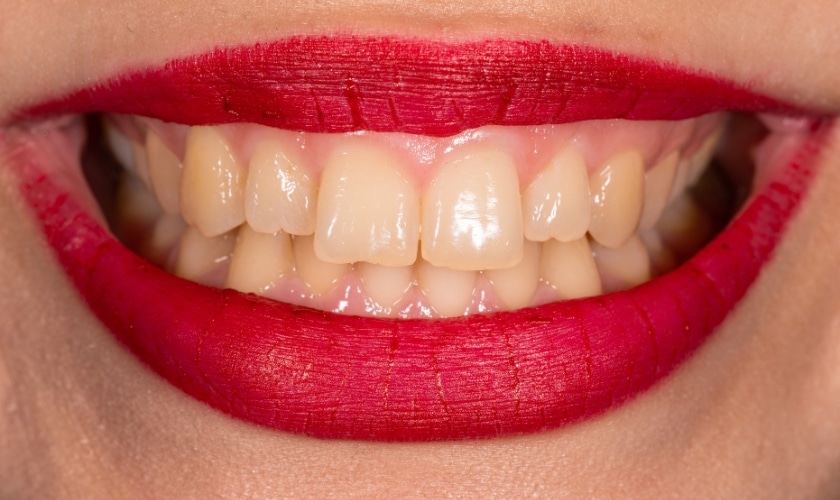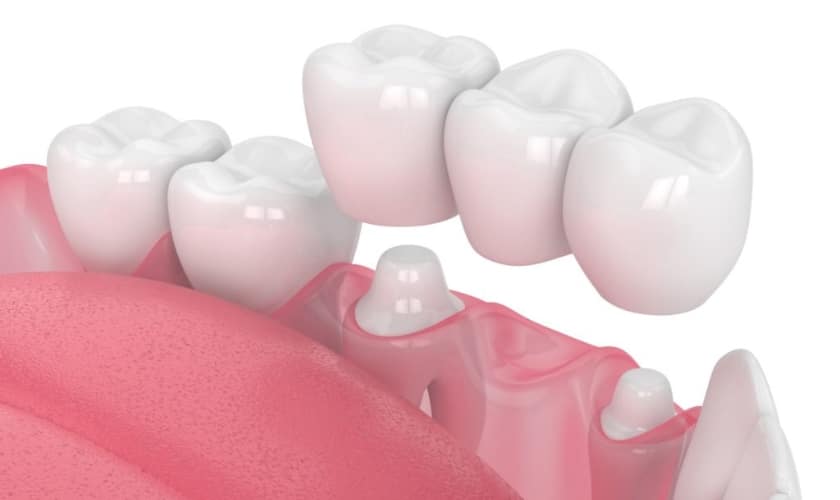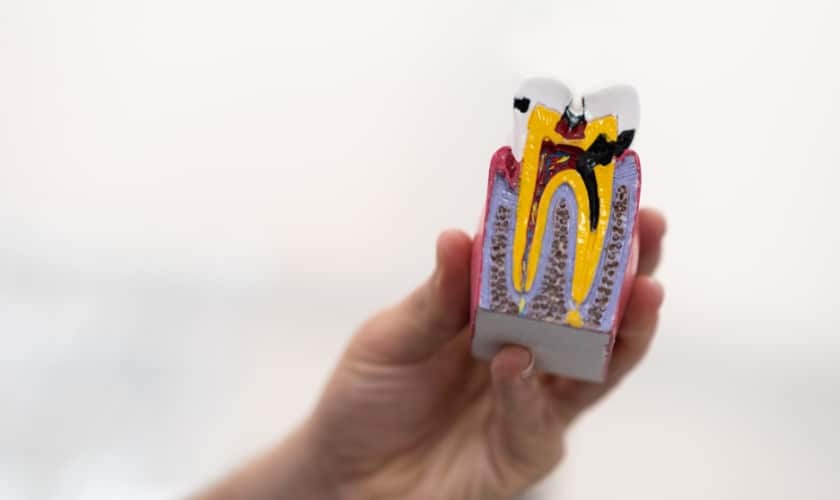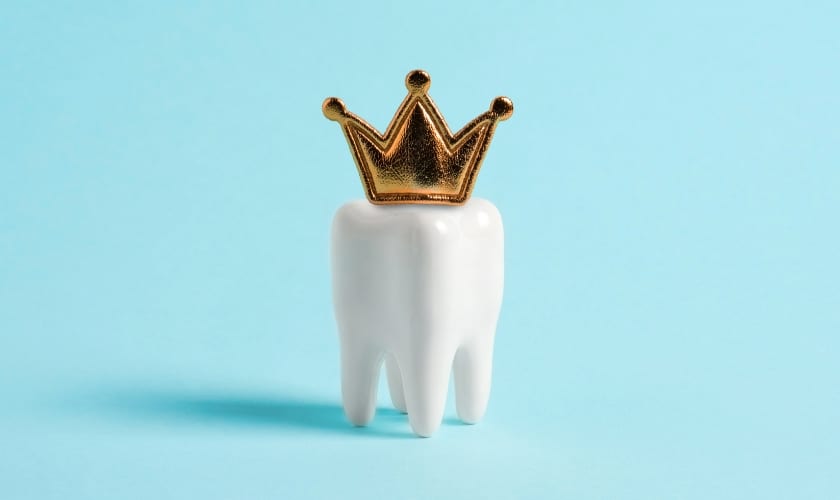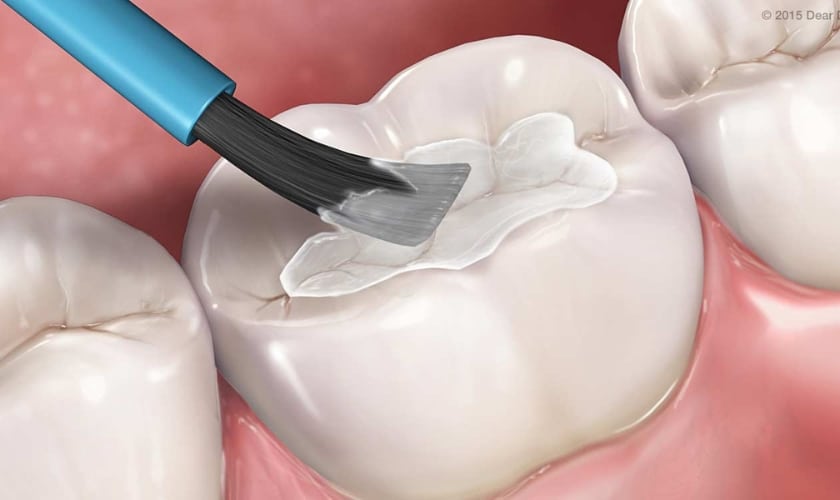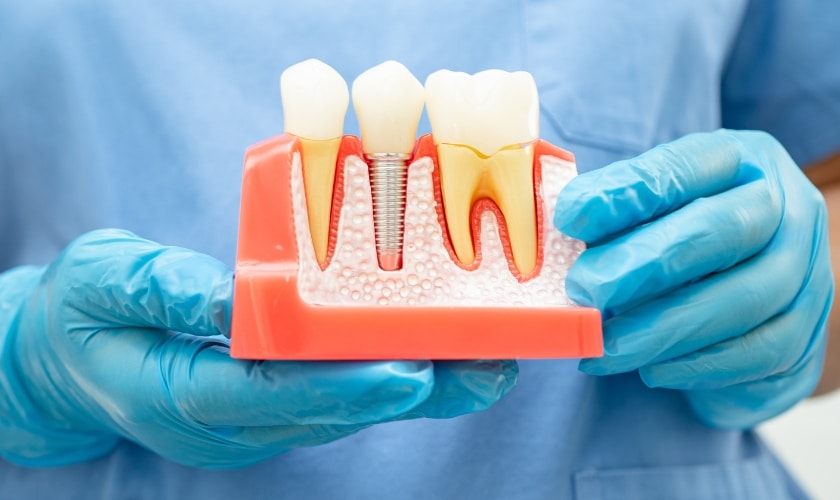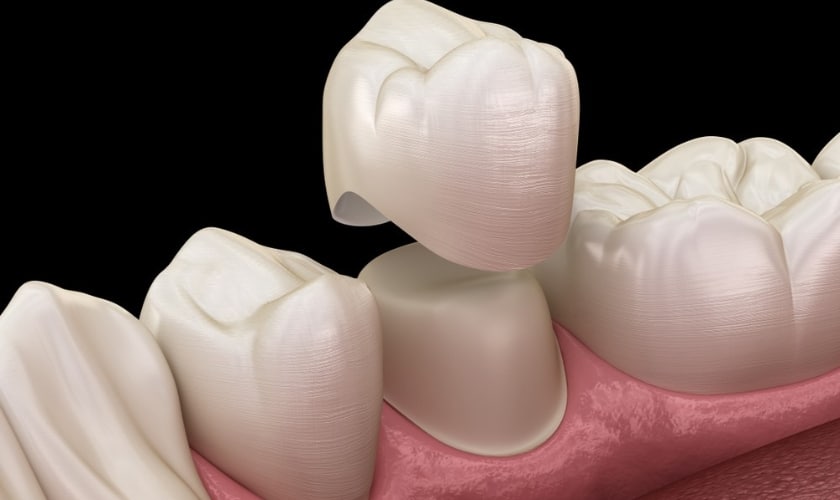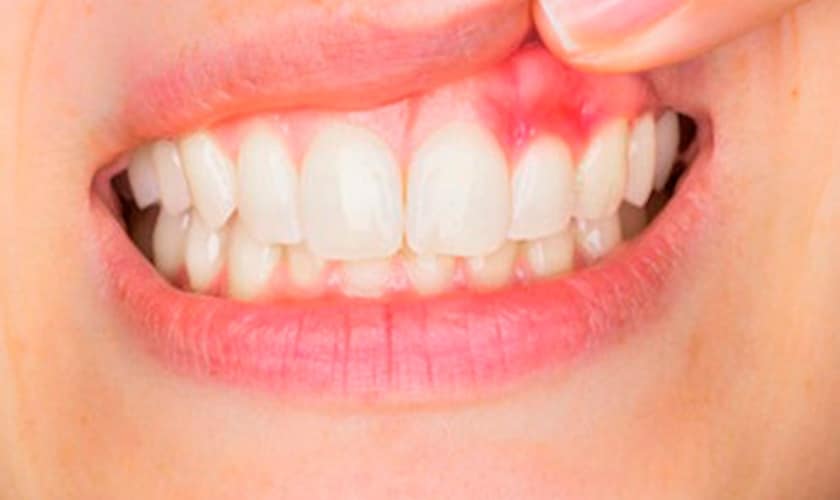Receding Gums? Fight Back Naturally & Improve Oral Health
Taking care of your smile goes beyond just brushing your teeth. Healthy gums are just as important for a bright, confident smile and overall oral health. But what happens when your gums start to recede, exposing more of your tooth root? This article will be your complete guide to receding gums. We’ll explore the causes […]


